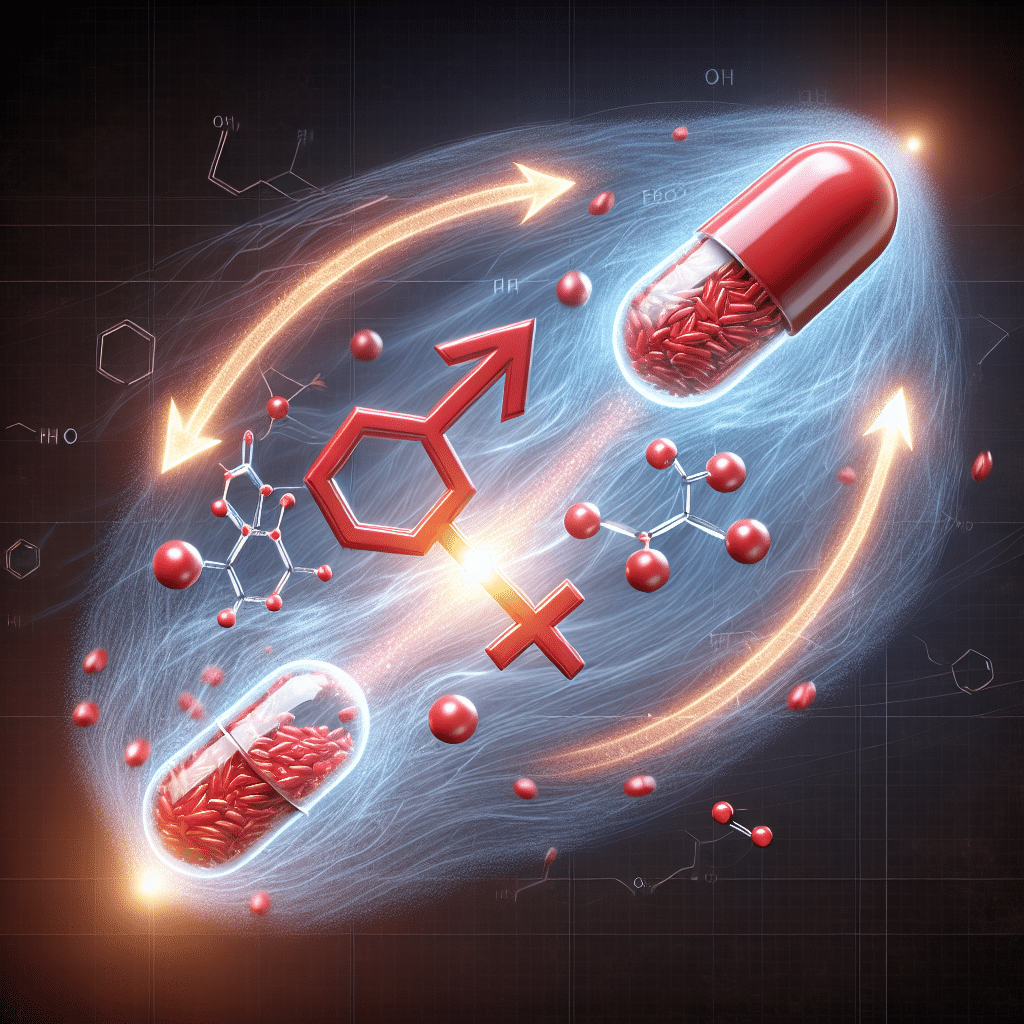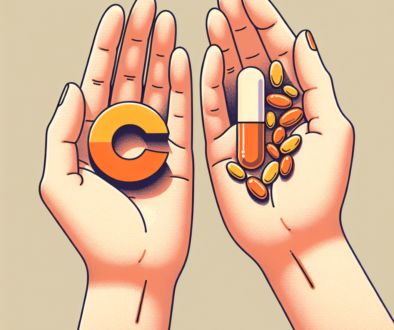Does astaxanthin lower estrogen?
-
Table of Contents
- Astaxanthin and Estrogen Levels: Exploring the Connection
- Understanding Astaxanthin
- The Role of Estrogen in the Body
- Research on Astaxanthin and Hormone Levels
- Animal Studies
- Human Studies
- Potential Mechanisms of Action
- Considerations for Supplementation
- Conclusion: The Verdict on Astaxanthin and Estrogen
- Discover ETchem’s Protein Products
Astaxanthin and Estrogen Levels: Exploring the Connection

Estrogen is a vital hormone in both men and women, playing a key role in various bodily functions. However, imbalances in estrogen levels can lead to health issues. Astaxanthin, a powerful antioxidant, has been studied for its potential effects on hormone levels, including estrogen. This article delves into the current research to answer the question: Does astaxanthin lower estrogen?
Understanding Astaxanthin
Astaxanthin is a carotenoid pigment found in certain algae, yeast, salmon, trout, krill, shrimp, and other seafood. It is responsible for the pinkish-red hue in salmon and flamingos, who get their color from consuming astaxanthin-rich organisms. As a potent antioxidant, astaxanthin is known for its ability to neutralize free radicals and protect cells from oxidative damage.
The Role of Estrogen in the Body
Estrogen is a hormone that is crucial for sexual and reproductive development, especially in women. It regulates the menstrual cycle, affects the reproductive system, and has various other functions, including:
- Influencing bone density
- Regulating cholesterol levels
- Affecting mood and cognitive function
- Contributing to skin health
While estrogen is essential, too much or too little can lead to health problems such as osteoporosis, cardiovascular disease, and hormonal disorders.
Research on Astaxanthin and Hormone Levels
Several studies have investigated the effects of astaxanthin on hormone levels, including estrogen. The research aims to understand whether astaxanthin can modulate hormonal balance and potentially alleviate conditions associated with hormone imbalances.
Animal Studies
Animal studies have provided some insights into how astaxanthin might interact with estrogen levels. For example, a study on mice found that astaxanthin supplementation could influence the expression of genes related to hormone production and metabolism. However, these results cannot be directly translated to humans without further research.
Human Studies
Human studies on astaxanthin’s impact on estrogen are limited and have yielded mixed results. Some research suggests that astaxanthin may have a modulating effect on estrogen levels, but the evidence is not conclusive. More rigorous clinical trials are needed to establish a clear connection between astaxanthin supplementation and estrogen levels in humans.
Potential Mechanisms of Action
While the exact mechanisms by which astaxanthin might affect estrogen levels are not fully understood, several theories have been proposed:
- Antioxidant properties: Astaxanthin’s ability to reduce oxidative stress might influence hormone production and metabolism.
- Anti-inflammatory effects: Inflammation can affect hormonal balance, and astaxanthin’s anti-inflammatory properties may play a role in modulating estrogen levels.
- Direct interaction with estrogen receptors: Astaxanthin might bind to estrogen receptors, potentially altering the activity of estrogen in the body.
Further research is necessary to confirm these potential mechanisms and to understand the broader implications of astaxanthin’s effects on hormones.
Considerations for Supplementation
Before considering astaxanthin supplementation to influence estrogen levels, it is important to consult with a healthcare professional. Factors to consider include:
- Existing medical conditions
- Current medications
- Potential side effects and interactions
- Appropriate dosage and form of astaxanthin
It is also crucial to source astaxanthin from reputable suppliers to ensure quality and purity.
Conclusion: The Verdict on Astaxanthin and Estrogen
In conclusion, while there is some evidence to suggest that astaxanthin may have an effect on estrogen levels, the current research is not definitive. More comprehensive studies are needed to fully understand the relationship between astaxanthin supplementation and hormonal balance. For those interested in exploring the potential benefits of astaxanthin, it is essential to do so under the guidance of a healthcare provider.
Discover ETchem’s Protein Products
If you’re looking for high-quality protein products, ETchem offers a range of collagen-based options that can complement your nutritional needs. Their products are sourced from reliable materials and are designed to support various aspects of health and wellness.
About ETChem:
ETChem, a reputable Chinese Collagen factory manufacturer and supplier, is renowned for producing, stocking, exporting, and delivering the highest quality collagens. They include marine collagen, fish collagen, bovine collagen, chicken collagen, type I collagen, type II collagen and type III collagen etc. Their offerings, characterized by a neutral taste, instant solubility attributes, cater to a diverse range of industries. They serve nutraceutical, pharmaceutical, cosmeceutical, veterinary, as well as food and beverage finished product distributors, traders, and manufacturers across Europe, USA, Canada, Australia, Thailand, Japan, Korea, Brazil, and Chile, among others.
ETChem specialization includes exporting and delivering tailor-made collagen powder and finished collagen nutritional supplements. Their extensive product range covers sectors like Food and Beverage, Sports Nutrition, Weight Management, Dietary Supplements, Health and Wellness Products, ensuring comprehensive solutions to meet all your protein needs.
As a trusted company by leading global food and beverage brands and Fortune 500 companies, ETChem reinforces China’s reputation in the global arena. For more information or to sample their products, please contact them and email karen(at)et-chem.com today.


